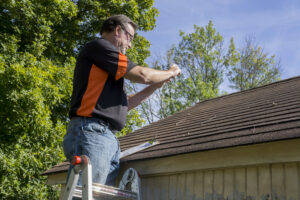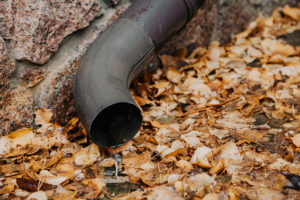Pests come in different sizes and shapes – from the smallest of bugs (which are hardly visible) to rodents (which are visible), although challenging to catch.
But the size doesn’t matter; a lot of them carry deadly diseases and cause substantial inconvenience at home.
These pests may bite, destroy food crops, damage properties, or otherwise make our lives more difficult.
At some point, everyone will need to deal with these pests in their home. Before now, the use of chemicals to eradicate pests was the tradition. But we now know that a lot of the pest control substances of the past were toxic. Although chemicals are still used to eliminate pest, sometimes, the chemicals used now are much more harmless.
That said, let’s take a look at some helpful tips you can adopt for safer pest control. These tips will help you to unwind and enjoy your home and garden.
Remove things that attract pest and clear breeding areas for pest
The most effective way to reduce risks posed by pesticides is to use non-chemical control methods to reduce or eliminate pest problems. Around the home, such measures include:
- Removing sources of food and water (such as leaky pipes).
- Destroying pest shelters and breeding sites (such as litter and plant debris).
Select the appropriate product check label instructions
The next tip is selecting the appropriate product and using that product according to the label instructions. The label instructions are written to minimize the risk of problems and to define the legal uses for the product.
Taking a look at the label lets you know the active and other ingredients in the product. The active ingredients are used to kill, control, or repel the pests. But other ingredients may do a variety of jobs, like attracting the pest, spreading the active ingredients around or reducing drift.
Don’t use more pesticide than directed on the label. It’s not advisable to think that using twice the amount will do twice the job.
To know the risks associated with a particular pesticide, both the toxicity and exposure must be considered. The toxicity depends on the ingredients in a specific product.
Use protective measures
Use protective measures when handling pesticides as directed by the label, such as wearing impermeable gloves, long pants, and long-sleeve shirts. Change clothes and wash your hands immediately after applying pesticides.
Keep pesticide away from the reach of children and toys
Before applying a pesticide (indoors or outdoors), remove children, toys, and pets from the area and keep them away until the pesticide has dried or as recommended by the label.
Don’t buy more pesticides than you will need
If you have leftover pesticides, check with your local government to determine whether your community has a household hazardous waste collection program or other programs for disposing of pesticides. If no community program exists, follow label directions and any state or local regulations regarding disposal.
Consider home remedies
In many cases, if you have a pest in your home, then a natural remedy may work. For example, if you have a mouse in your home, you may be able to get rid of it with a live bait trap rather than poison. If you have insects on your household plants, then spraying them with neem oil or rosemary oil may get rid of them.
Note that, no matter what type of pesticide you use, you may not be able to get rid of pests completely. And even the most potent pesticides won’t continue to work overtime if pests find easy access to food and water in your home. But by following basic prevention tips and using pesticides sparingly when needed, you will likely be fine.
Hire experts
Before embarking on a pest control action, you have to identify the nature and type of pest that you are dealing with. Then proceed to hire the services of a professional pest control operator – that is if you can’t manage it yourself. Experts will be able to examine your home and garden for any sign of infestation.
It is highly essential to look for a pest control operator, who holds a pest control license. Due to the potential risks involved in handling pesticides, anyone who uses pesticides as part of a pest control business in some Countries must have a pest control license.
Even though there are risks associated with pesticide use, licensed pest control operators are trained to handle, store, and apply these substances safely. If a licensed and trained operator takes appropriate precautions to minimize exposure, the health risks will be greatly reduced.
If your home has been damaged by pest, ProRANA can help you restore it to its former glory. Let us manage your home Improvement needs so you can start enjoying your home instead of working on it!








